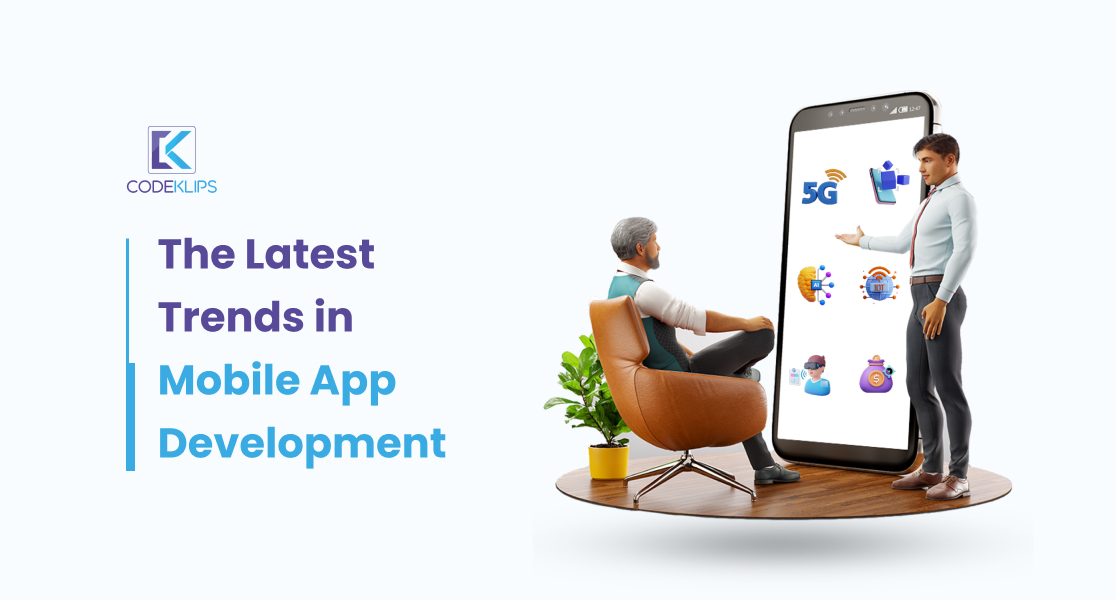16 April 2024
Published by

Overview of Mobile Technology in Ancient Times

Back in the old days of mobiles, when the Nokia 3310 was king and cool ringtones were a thing, texting was an art in 160 characters. Snake on a basic screen was top-notch gaming, and T9 texting was both good and annoying.
Charging your phone was a weekly routine, and the only “apps” you had were a calculator, calendar, and maybe a WAP browser for the brave trying early mobile internet.
Contrasting with the Present Era
Fast forward to the present and the evolution of mobile technology is staggering. Smartphones have become an integral part of our daily lives, offering a myriad of features, from communication and entertainment to productivity and health monitoring.
These pocket-sized devices have not only enhanced communication but have also become powerful tools for various tasks, changing the way we work, socialize, and access information.
Introduction
In the dynamic landscape of technology, mobile app development is continually evolving to meet the ever-changing demands of users. The rapid growth in the usage of smartphones has paved the way for innovative trends that redefine the user experience.
Evolution of Mobile App Development
To truly understand the current trends, let’s take a brief journey into the evolution of mobile app development. From the early days of simplistic applications to today’s sophisticated solutions, the journey has been marked by continuous innovation.
Impact of 5G Technology

One of the game-changers in the field is the advent of 5G technology. It brings faster speed and more bandwidth, improving app performance and allowing for more complex applications.The possibilities for new and exciting applications have opened up because of 5G.
Augmented Reality (AR) Integration

Augmented Reality has transcended its novelty phase and is now a staple in mobile app development. From enhancing gaming experiences to revolutionizing shopping apps, AR is reshaping how users interact with their devices.
Artificial Intelligence (AI) in Mobile Apps

Artificial Intelligence is no longer a futuristic concept; it’s a present reality in mobile apps. AI algorithms are being employed for personalized user experiences, predictive analysis, and even virtual assistants.
Cross-Platform Development

Developers are increasingly adopting cross-platform development frameworks. This approach streamlines the process of creating apps compatible with multiple operating systems, reducing development time and costs.
Internet of Things (IoT) Integration

The Internet of Things has expanded its reach to mobile applications, enabling seamless connectivity between devices. Smart homes, wearables, and connected vehicles are just a few examples of IoT integration in the app landscape.
Progressive Web Apps (PWAs)

PWAs combine the best of both worlds, offering the speed of a native app and the accessibility of a web app. This trend is gaining traction as it eliminates the need for users to download and install apps.
PWAs are accessible through web browsers, reducing the barrier for users to access and engage with apps. This inclusivity enhances the user base and simplifies the user experience.
Enhanced App Security Measures

With the rise in cyber threats, app security is a top priority. Developers are integrating advanced security measures, such as biometric authentication and encrypted communication, to ensure user data protection.
User-Centric Design Trends
User experience remains a focal point, with design trends emphasizing intuitive interfaces, minimalistic designs, and seamless navigation. Apps that prioritize user satisfaction are more likely to succeed in a competitive market.
Sustainability in App Development
As environmental consciousness grows, sustainability in app development is gaining importance. From energy-efficient coding practices to eco-friendly features, developers are incorporating sustainability into their projects.
Blockchain in Mobile Apps

Blockchain technology is disrupting various industries, and mobile apps are no exception. Decentralized apps (DApps) are becoming more prevalent, offering enhanced security, transparency, and data integrity.
Voice-Activated Applications

Voice integration has moved beyond virtual assistants. Mobile apps now utilize voice commands for navigation, task execution, and even gaming, providing a hands-free and convenient user experience.
Gamification in Mobile Apps

The integration of gamification elements, such as rewards, challenges, and leaderboards, is enhancing user engagement. From fitness apps to educational platforms, gamification is a strategy for keeping users invested in the app experience.
Challenges and Future Outlook
Despite the exciting advancements, challenges like data privacy concerns, compatibility issues, and market saturation persist. Looking forward, the industry is likely to witness further innovations, driven by emerging technologies and evolving user needs.
Conclusion
In conclusion, the mobile app development landscape in 2024 is marked by innovation and adaptation. Developers must navigate through various trends, balancing technological advancements with user expectations to create successful and sustainable applications.